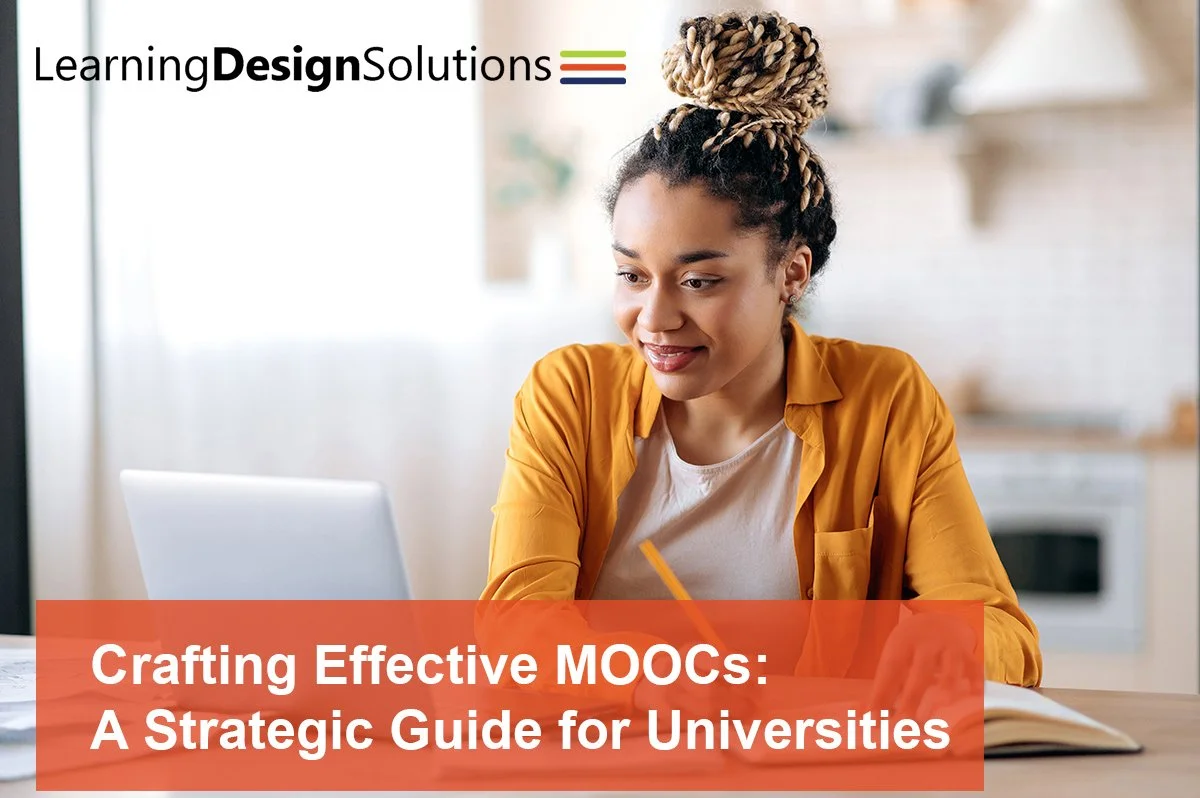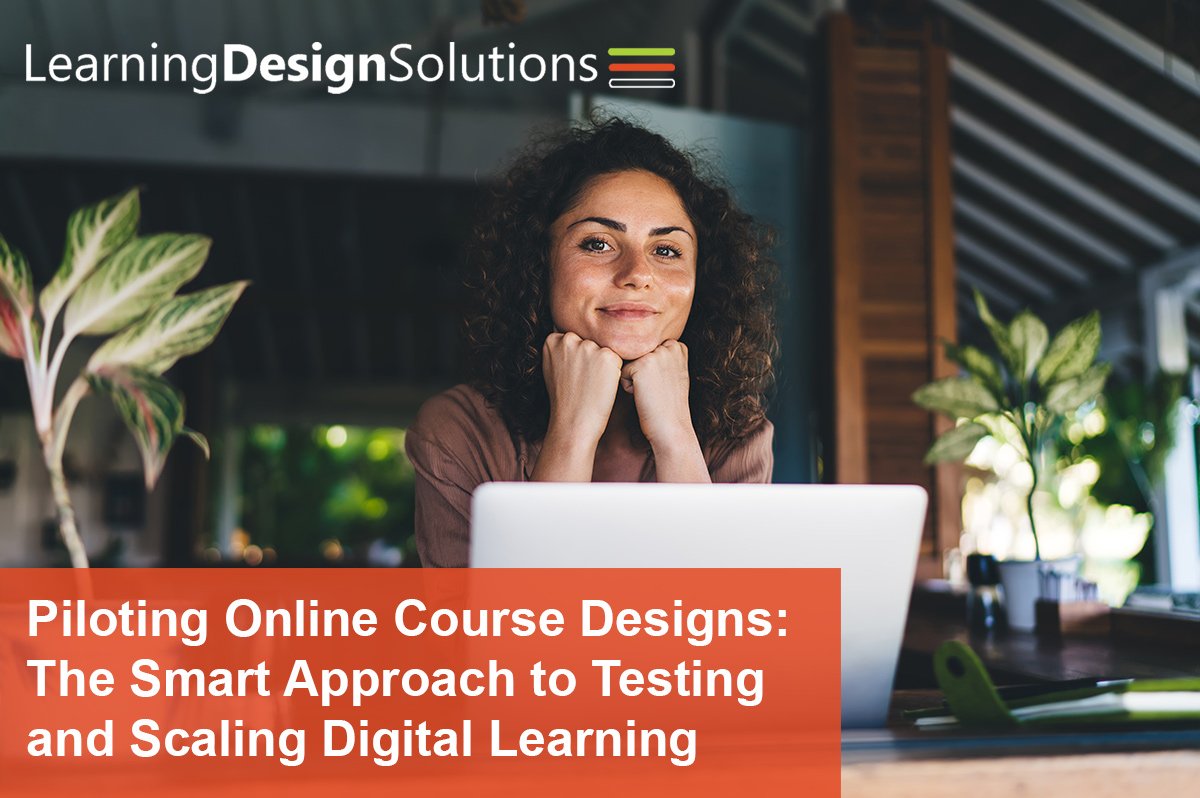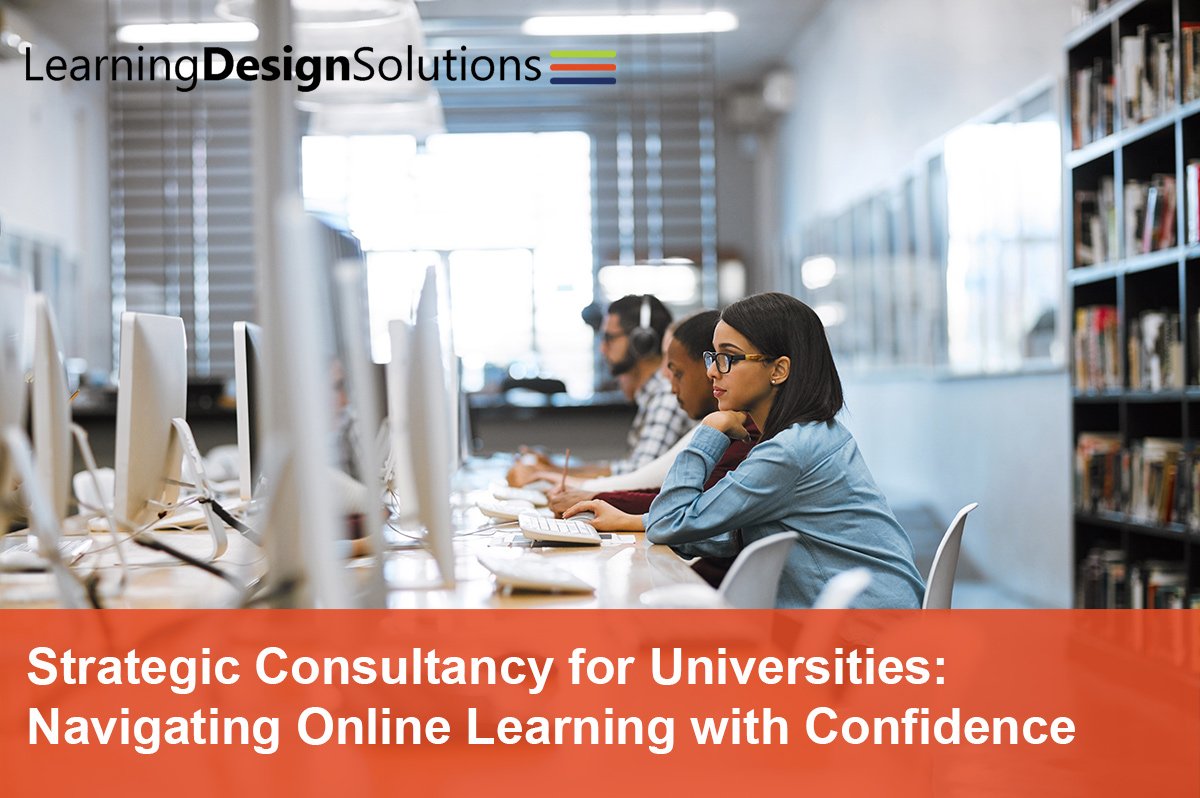An OPM Decision Framework for Universities
Universities across the UK are under increasing pressure to grow digital provision—fast. But while the ambition is there, the implementation is often where things fall down. Questions crop up like:
Do we have the internal expertise to design and deliver high-quality online courses?
Can we scale recruitment and student support without an OPM’s infrastructure?
What’s the cost difference between doing it all ourselves vs. outsourcing some parts?
How do we avoid building an internal model that becomes unmanageable or underused?
This framework helps answer those questions by providing a structure to assess your institution’s readiness, capabilities, and priorities.
Read More
Unlocking the Potential of Micro-Credentials: A Strategic Guide for Universities
Higher education is evolving rapidly, and micro-credentials are at the forefront of this transformation. Designed to provide flexible, skills-focused, and stackable learning, micro-credentials allow universities to engage a wider audience, align with industry needs, and support lifelong learning.
For university leaders—deans, pro-vice chancellors, heads of learning, programme directors, and course developers—the question is no longer if micro-credentials should be introduced, but how to do so effectively.
Read More
Building World-Class Online Degree Programmes: A Strategic Guide for Universities
As universities expand their digital offerings, end-to-end online degree programme development has become a critical priority. Whether launching a single online programme or rolling out multiple new programmes, institutions must balance strategic planning, pedagogical excellence, learner engagement, and scalability.
At Learning Design Solutions (LDS), we specialise in helping universities create high-quality, market-driven, and globally accessible online degree programmes. Our expertise spans from strategic planning and programme visioning to full-scale course development, media production, and learning experience design.
Read More
Crafting Effective MOOCs: A Strategic Guide for Universities
In the evolving landscape of higher education, Massive Open Online Courses (MOOCs) have emerged as a pivotal tool for universities aiming to extend their reach and showcase their academic excellence. However, developing a successful MOOC requires meticulous planning and a deep understanding of both the chosen platform and the institution's unique identity. At Learning Design Solutions (LDS), we partner with universities to navigate this complex process, ensuring that each MOOC is both pedagogically sound and reflective of the institution's brand.
Read More
Piloting Online Course Designs: The Smart Approach to Testing and Scaling Digital Learning
Developing an effective online course or degree programme is a significant investment, requiring careful planning and strategic decision-making. Before committing resources to a full-scale rollout, universities and educational institutions can benefit from piloting their course designs—a critical step that allows for real-world testing, refinement, and validation of digital learning strategies.
Read More
Strategic Consultancy for Universities: Navigating Online Learning with Confidence
As universities expand their online and digital education offerings, many face challenges in strategy, scalability, and faculty readiness. Moving to fully online, hybrid, or modular learning models requires more than just content digitisation—it demands strategic foresight, strong pedagogical frameworks, and sustainable implementation plans.
At Learning Design Solutions (LDS), we offer expert consultancy services to help universities design, develop, and implement online programmes successfully.
Read More
Transforming Chartered Education: A Blueprint for Effective Online Learning
The professional education landscape is evolving rapidly, and chartered institutions must adapt to stay ahead. Transitioning professional qualifications, CPD programmes, and training courses to online learning is no longer optional—it’s essential. A digital-first approach ensures greater accessibility, engagement, and scalability, but without the right strategy, institutions risk diminishing the effectiveness of their teaching.
At Learning Design Solutions, we specialise in guiding chartered bodies through this transformation, ensuring that online learning maintains the rigour, interactivity, and high-quality standards expected from professional education.
Read More
Human vs AI Video for Online Courses
By experimenting with creating both human (me) and AI (Synthesia) presented video for the Learning Design Solutions demo course, I’ve found that both have definite pros and cons, and ultimately both can be the most appropriate approach depending on the context - aren’t we lucky to have the choice! Here I lay out my experience and what I’ve learned about when to use either (or both).
Read More
Embracing AI in Course Design – Insights from Creating the ‘Principles of Responsible Management’ Course
In an exciting new project at Learning Design Solutions, we embarked on a journey to harness AI for designing a fully online, university-level course titled Principles of Responsible Management. This course, aimed at Master’s students, spanned four weeks and was structured for 5 UK academic credits (CAT points), equating to about 50 hours of student engagement. With AI at the core of the design process, we aimed not only to streamline the course development timeline but to uphold robust educational standards rooted in learning science and sound pedagogy. Here, I’d like to share some reflections on the process and what we learned along the way.
Read More
Does your university need to work with an OPM to go online?
Post-pandemic and post-emergency remote learning, a lot of institutions are recognising that they can and should put some of their programmes online. Acceptance of online and the recognised need to provide alternative modes of learning have helped everyone see that a bigger presence in the online space is desirable if not inevitable, but does a university need an OPM partner to go online?
Read More
What is the add-value of lectures?
What is the purpose of a lecture? If students have constant access to rich resources on pretty much every subject we would want to teach, why should we spend time talking to them about that subject, rather than letting them investigate for themselves?
In this short article, I look at how we can ensure that our lectures add value - both in live teaching settings, and micro-lectures added to asynchronous online courses.
Read More
What does it mean to 'cover' the syllabus in online courses?
As a teacher, what does it mean to you to ‘cover’ the syllabus? Does it mean that you make use of a good textbook that gives all the essential concepts? Does it mean that you fill the course with learning activities that will help your students achieve the intended learning outcomes? Or does it mean that you verbally deliver to the students every aspect of the syllabus through lecturing and demonstrations? A lot of academics I work with feel that the only way for them to ‘cover’ the syllabus in an online course is for them to lecture all of the content.
My response to these colleagues is generally, ‘Are you the only source of content for what your students need to learn?’
Read More
Running Group Activities in Online Courses
Whether teaching an asynchronous distance learning course or delivering your course through live online classes, there are some commonly perceived challenges in asking your students to take part in group-based activities, such as whether your students will have the motivation to carry out the task, will there be equal participation within the group, how can you avoid disputes or disruption, and can you afford the time in class that the group activities will take up? I’ve previously blogged on the reasons why group activities are a good idea in your online classes. If we accept that, then it’s worth taking the time to think about how we can overcome these challenges to create really engaging and effective learning opportunities when asking our students to work collaboratively with their peers.
Read More
Why use group activities in your online teaching?
Group work in online courses can be challenging to run effectively. However, there are very strong reasons to make sure we give our students the opportunity to work with their classmates. In this blog, I consider some of the pedagogy and some of the classroom management reasons why it is a very good idea to facilitate group activities for your online students. If you would like to discuss this or any other online teaching matter, get in touch!
Read More
The Great Pandemic Pivot – will universities invest to embed the lessons learned?
Will universities invest to embed the lessons learned following the pivot to online teaching? Covid-19, the worldwide lockdowns, and the closing of university campuses caused the great pivot from face-to-face teaching to fully online that has mostly endured throughout the last year. While this caused a huge degree of shock and stress across the teaching and student communities, it has brought the use of online learning technologies to the fore, and in many ways improved their use across the board. The hope is that what has been learned will become embedded in standard practice when we move back to the physical campus. However, unless universities are prepared to invest in staff development and support, there is a real risk that the lessons learned will be forgotten. This blog post is a reflection on the conversation that arose during the ELESIG webinar which introduced the Active Blended Learning approach adopted by the Universit or Northampton. Thanks to Dr Tünde Varga-Atkins for hosting the webinar and to Rob Howe, Alejandro Armellini and Virgínia Teixeira Antunes for their presentations.
Read More
Online Teaching - Make the Implicit Explicit
As teachers, we usually have an implicit rationale for why we want our students to carry out learning activities at a certain time, in a certain order. You can better motivate your students to learn if you make your implicit rationale explicit to your students. In this short blog and vlog, I suggest why and how you might do this.
Read More
The Difference Between Online Courses and Offline Courses Delivered Online
During a webinar today, I was asked "Do you distinguish between online courses and offline courses that are being delivered online?". This blog (and vlog) is my response to that question. Thank you Dermot O'Toole for the question.
Read More
Motivating Students to Work Between Classes
It can be challenging to motivate students to work between classes. In this blog (and vlog) I suggest ways in which we can approach our online classes that will motivate, encourage and require students to do the tasks between their scheduled lessons so they can get a lot more out of your teaching and their learning.
Read More
Are you planning Online Lectures or Online Teaching?
University classes are still timetabled as they would be if the teaching were happening face-to-face. This faces teaching staff with the question of what to do with that time. For a lot of people, the simplest answer is to lecture. However, I would challenge whether this is the most effective use of your students' time, and in this blog (and vlog) I suggest another approach.
Read More
Academic lessons from 2020 to ’21 and beyond
Short blog - and vlog - of my reflections on where we are at right at this point in time in terms of the lessons academic teaching staff can learn after the pivot to online, and how universities need to start supporting them.
Read More




















